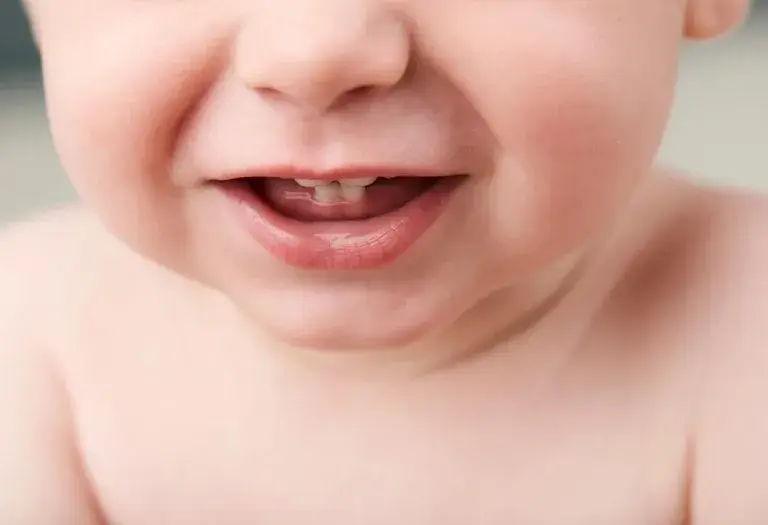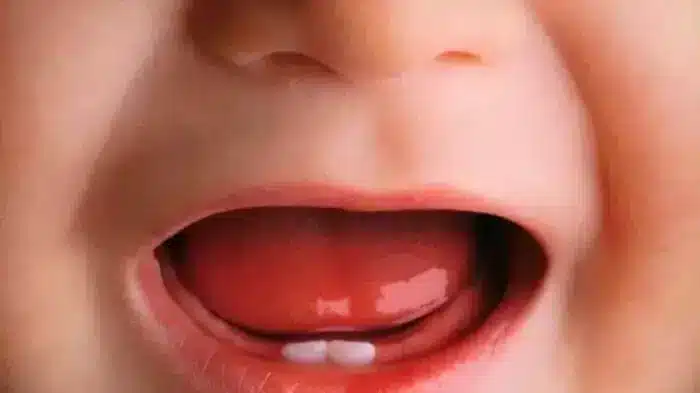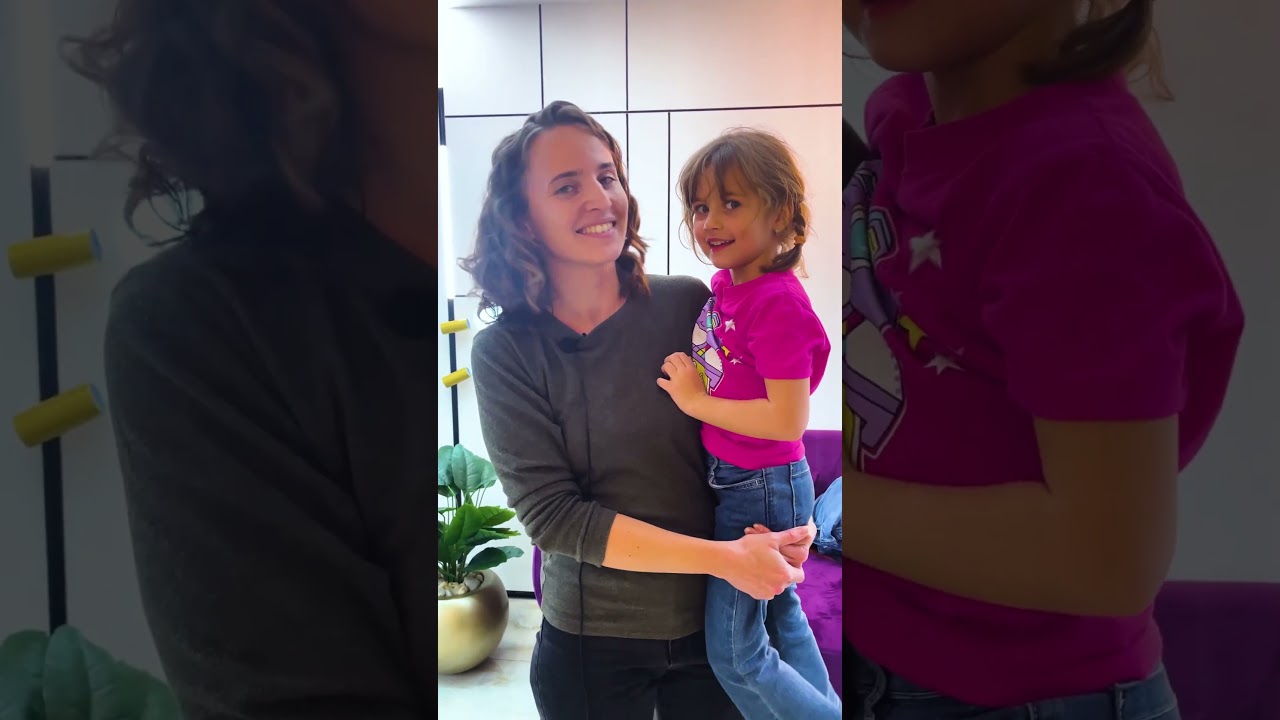Finding a tiny tooth in your newborn’s mouth can be surprising, even alarming. Natal teeth in infants are rare but not unheard of. These are teeth present at birth or that erupt in the first month of life—called neonatal teeth. Parents often wonder whether these early teeth pose a health risk, interfere with feeding, or need to be removed.
This article explores everything you need to know about natal and neonatal teeth, including causes, concerns, and treatment options. Understanding this rare condition helps you make the best decision for your baby’s health and comfort read more.
Understanding Natal Teeth in Infants
Natal teeth in infants refer to teeth that are already present at birth. These differ from neonatal teeth, which emerge within the first 30 days of life. Most commonly, these early teeth appear in the lower front of the mouth (mandibular central incisors) and may or may not be part of the baby’s normal set of primary teeth.
These teeth may be fully developed with a crown or may appear as small, poorly formed bumps just emerging from the gums. Sometimes they are rooted firmly, but more often, they are loose and may wobble when touched.

Causes of Natal and Neonatal Teeth
The exact cause of natal teeth in infants is still unclear, but experts believe several factors may contribute:
- Hereditary factors: A family history of natal or neonatal teeth increases the chances.
- Developmental timing: Some babies develop teeth earlier than others as part of their natural growth patterns.
- Associated syndromes: Rarely, early teeth are linked with genetic disorders such as Ellis-van Creveld syndrome or Sotos syndrome.
It’s important to note that most cases are not linked to any disease and occur in otherwise healthy babies.
When Should Natal Teeth Be Removed?
One of the most common questions parents face is whether neonatal teeth removal is necessary. The answer depends on several factors:
- Mobility of the tooth: If the tooth is loose and poses a choking risk, removal is usually recommended.
- Feeding difficulties: Some babies with natal teeth struggle with breastfeeding due to pain or improper latching.
- Oral injuries: Natal teeth can irritate or injure the baby’s tongue, lips, or the mother’s breast during nursing. If they cause ulcers or ongoing pain, extraction might be necessary.
- Underlying health issues: In rare cases, if the early tooth is part of a syndrome or malformation, your pediatrician or pediatric dentist may recommend further evaluation.
In all cases, the decision to remove the tooth should be made by a pediatric dentist after examining the baby and considering the risks.
Managing Feeding Challenges with Natal Teeth in Infants
Breastfeeding can become complicated when a baby is born with teeth. Mothers may experience nipple pain, while babies may struggle with proper latching due to the presence of the tooth. If the natal tooth is stable and not causing damage, many doctors recommend working with a lactation consultant to find a comfortable position.
In cases where ulcers or injuries develop on the baby’s tongue (a condition known as Riga-Fede disease), the tooth may need to be removed. It’s critical to monitor your baby’s mouth during feedings and report any signs of discomfort, bleeding, or poor weight gain to your healthcare provider.
Are Natal Teeth a Sign of Health Problems?
Most often, natal teeth in infants are harmless and not associated with any serious condition. However, in rare cases, they can be a symptom of a genetic disorder. If your baby has other physical abnormalities or developmental concerns, further testing may be recommended to rule out underlying issues.
In healthy babies, early teeth are simply a developmental variation and don’t affect long-term dental health. If the tooth is part of the normal set of baby teeth, it will remain in place and eventually fall out at the usual age. If it’s a supernumerary (extra) tooth, it may be removed and monitored to avoid crowding in the future.
Neonatal Teeth Removal Procedure
If neonatal teeth removal is required, the procedure is generally quick and simple. It’s usually done by a pediatric dentist under local anesthesia. Because babies under six months have low vitamin K levels—which helps with blood clotting—some doctors may delay the extraction or prescribe vitamin K beforehand.
After removal, the site heals quickly, and your baby can resume feeding within a short time. Follow-up care includes keeping the area clean and watching for signs of infection.

Long-Term Effects and Oral Care
Having natal or neonatal teeth does not usually impact future dental development. However, regular dental checkups are essential. Your pediatric dentist will track the growth of your baby’s teeth and ensure proper spacing and alignment as more teeth erupt.
Good oral hygiene should start early—even before the rest of the baby teeth come in. Use a soft cloth or baby toothbrush to gently clean your baby’s gums and emerging teeth.
Cultural Beliefs and Myths About Babies Born with Teeth
Throughout history, babies born with teeth have been the subject of cultural myths and folklore across different societies. In some cultures, natal teeth were believed to be a sign of good luck or special destiny, while in others, they were seen as bad omens. For instance, in parts of Europe and Asia, these babies were thought to possess spiritual powers or bring fortune to the family.
Today, while science has clarified that natal teeth are simply a natural developmental variation, these myths still linger in some communities. It’s important for parents to understand that the condition is medical, not mystical, and should be approached with clinical care and understanding—not fear or superstition.
How Common Are Natal and Neonatal Teeth?
Natal teeth in infants are rare, occurring in about 1 in every 2,000 to 3,000 births. Neonatal teeth—those that erupt within the first 30 days—are even less common. Despite their rarity, awareness of this condition has increased thanks to better reporting by pediatricians and dentists.
Because these teeth may sometimes be mistaken for remnants of an oral cyst or confused with abnormal growths, early evaluation by a pediatric dental professional is essential. Increased awareness allows parents to seek timely, accurate care and avoid unnecessary worry or misinformation.
Supporting Parents Emotionally Through the Experience
Discovering that your baby has teeth at or shortly after birth can feel overwhelming. Many parents express feelings of confusion, fear, or guilt, wondering if they did something wrong during pregnancy. Reassurance and clear information are essential during this time.
Pediatric dentists and healthcare professionals should offer not just clinical care but also emotional support, helping families understand that natal teeth in infants are not dangerous in most cases. Encouraging open conversations, answering questions honestly, and sharing educational resources can help reduce anxiety and build confidence in parents as they care for their newborn read more.

